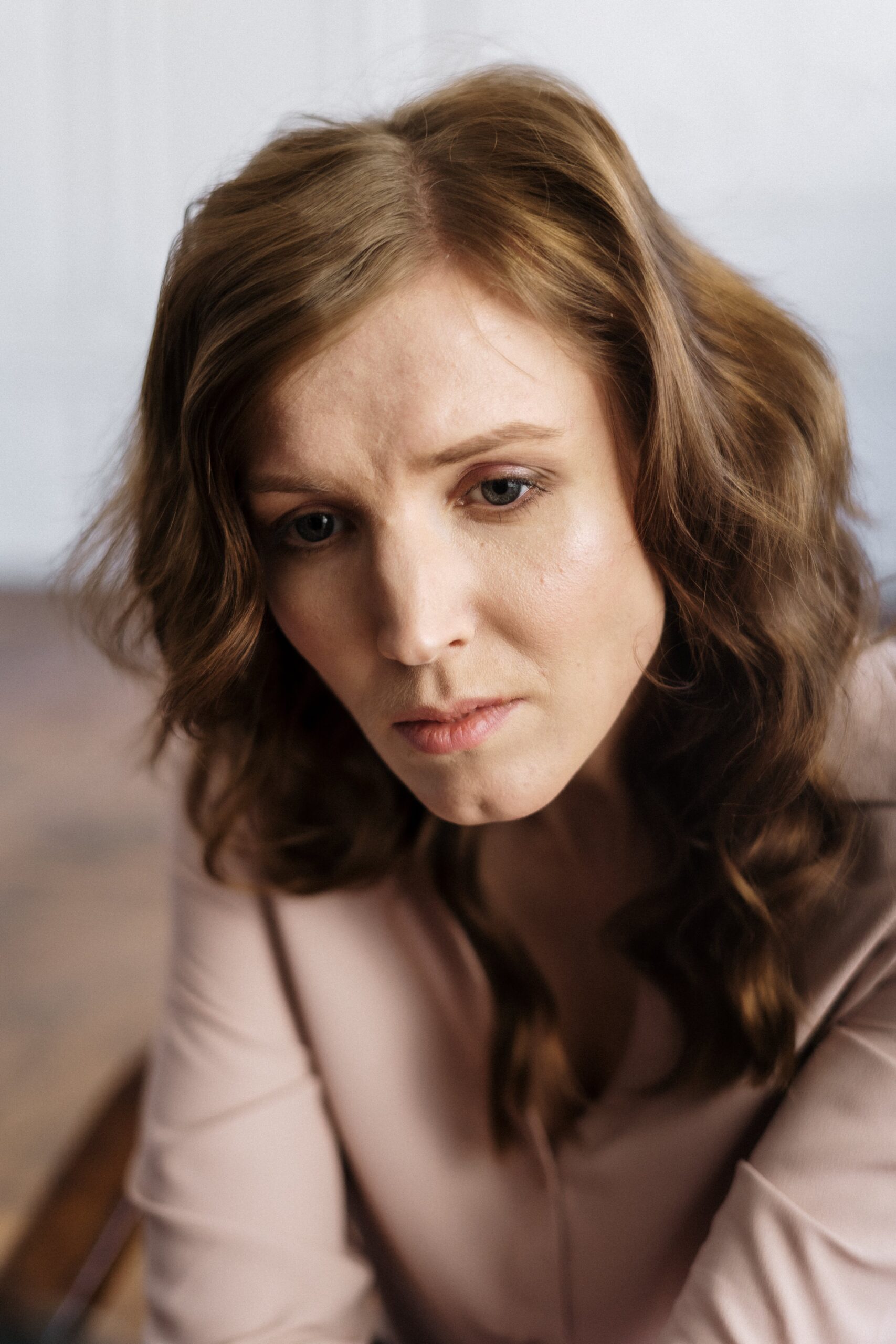Have you noticed a decrease in your sexual desire lately? It’s completely normal for women to experience a drop in libido at certain points in their lives. Perhaps your partner has also noticed your low sex drive? If you would like to understand the reasons behind your lower sex drive, you’ve come to the right place.
Common Causes Of Low Sex Drive
Stress & Fatigue
Life can be so demanding, at times causing you to not get enough sleep, exercise, and self-care time. In turn, this leaves you feeling tired, so tired you do not have the energy for sex.
Medications
There are prescription medications for depression and anxiety that address mental health concerns, but they may also come with a side effect of reduced libido. It is best to talk to your healthcare providers before you stop these medications on your own and share your concerns with them.
Changes In Your Hormones
The decline in estrogen levels during menopause can significantly impact your libido. With that being said you may experience vaginal dryness and discomfort during sex. Though less frequent, hormonal contraceptives may similarly contribute to a reduced libido in some women.
Weight Gain
Weight gain may result in diminished energy, a negative self-image, and a decrease in intimacy with a partner, thereby affecting your overall sexual well-being.
Relationship Issues
Establishing emotional closeness holds great importance for many women when it comes to sexual intimacy. Challenges in relationships, including a lack of connection, unresolved conflicts, or trust issues, can profoundly contribute to having a low sex drive.
Past Traumas
Previous physical or emotional trauma can deeply impact one’s sexual experience, resulting in a decreased libido. Women who have endured abuse may associate sex with fear or pain, creating challenges in experiencing intimacy. Even past consensual yet negative experiences can diminish a woman’s desire for sex in the future. Seeking support and evaluation from professionals is crucial to addressing these issues and restoring sexual well-being.
Sexual Pain or Dyspareunia
If you experience discomfort or pain during sexual activity, it is essential to consult with a gynecologist or a sexual health specialist. They will evaluate your condition and may refer you to a psychology specialist or a pelvic floor physical therapist for comprehensive support. Addressing sexual pain requires a thorough assessment by a specialist to get the treatment and support you need.
Overcoming Low Sex Drive
If you can relate to any of the above common causes, take note of what you relate closely to. When you consult with your primary care provider or gynecologist, share the information with them. They may be able to direct your next steps in overcoming your low sex drive or they can refer you to trusted experts.
During the initial appointment, the healthcare provider will conduct a comprehensive health assessment, including a physical exam and blood tests to evaluate hormone levels and screen for underlying medical conditions such as thyroid, liver disorders, and other issues.
Treatment options for low libido include sex education, counseling, medication, and hormone therapy.
What Other Ways Can You Address A Low Sex Drive
Strategies for addressing low libido include incorporating regular exercise, prioritizing intimate getaways, effective communication, stress reduction techniques, and eliminating unhealthy habits such as smoking and excessive alcohol consumption. Seeking help for a low sex drive is encouraged, as lifestyle changes and treatments can lead to positive outcomes and improved sexual well-being.
Finding your way back to the sex life that you have been missing is attainable. Here at GYN Women’s Centre of Lakewood Ranch, we offer compassionate care for women at all stages of life. Schedule your appointment here.


